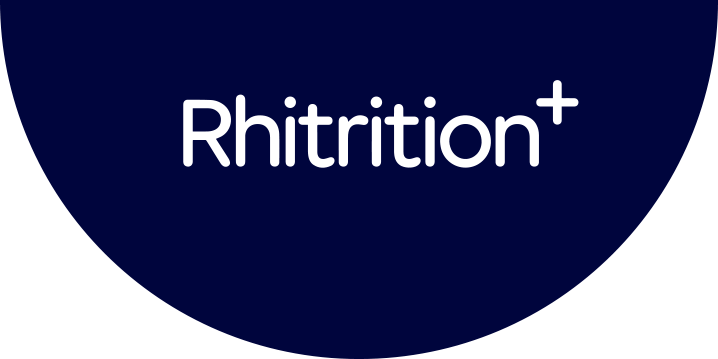Iodine: Needs, Sources, Benefits & Deficiency
Article by Rhiannon Lambert, BSc MSc RNutr
Iodine is a mineral that is essential for good health nearly one-third of the world’s population is deficient. Iodine is naturally present in some foods, but it is also added to some types of salt, plus it is available as a dietary supplement. Iodine is critical for the synthesis of thyroid hormones known as thyroxine (T4) and triiodothyronine (T3).
Why do I need iodine?
This mineral is essential for normal thyroid function and the production of thyroid hormones, which are involved in many processes in the body such as growth, brain development, and bone maintenance. Thyroid hormones also regulate the metabolic rate and during pregnancy it is essential for the healthy development of your baby’s brain.
Sources of iodine
Fish
Shellfish
Kelp and seaweed
Eggs
Milk
Dairy products
The iodine content of plant foods depends on the iodine content of the soil, which is variable. Foods grown closer to the ocean tend to be higher in iodine. Where soils are iodine deficient, iodised salt and seaweed can provide iodine.
How much iodine do I need?
According to the British Dietetic Association (BDA), adults should consume 140 mcg per day, which is likely possible by eating a varied and balanced diet. Knowing what quantities of minerals and vitamins can be overwhelming, which is why we have broken this down for you so you can understand nutritional requirements.
If you are vegetarian or vegan, plant-based sources are scarce, so those at higher risk, in particular pregnant or breastfeeding women should speak with their GP and consider taking a supplement, such as Rhitrition+ vegan multivitamin, which contains Vitamin B12, Iron, Iodine and Selenium.
Low levels can impact your baby’s growth in pregnancy and when breastfeeding. If you are pregnant or breastfeeding, supplements should contain 200–290mcg respectively. If you have a history of thyroid concerns, talk to your healthcare provider before supplementing.
Can you take too much iodine?
However be careful not to take too much iodine as this can lead to thyroid disruptions so avoid exceeding the recommended amount. Taking high doses of iodine for extended periods of time can lead to a variety of symptoms and alter the way your thyroid gland works. Kelp and seaweed are very concentrated forms of iodine so avoid eating these more than once a week, especially during pregnancy. T If you take iodine supplements, do not take too much as this could be harmful.
Iodine intake while pregnant & breastfeeding
If possible when pregnancy it is best to meet your iodine intake from dietary sources. However, if you are at risk of being deficient you may wish to take a iodine supplement to ensure you are getting 140mcg a day. If you are supplementing, especially if you are pregnant, then check then check the dosage to ensure it is not too high or low in iodine. When you are breastfeeding supplements should contain 290mcg of iodine but if you have a history of thyroid concerns, talk to your healthcare provider before supplementing.
Effects of deficiency
When you have insufficient iodine intake over a long period of time, your thyroid gland will start to work harder. Eventually this can lead to a goiter, a visible swelling in the neck caused by the thyroid gland increasing in size as it tries to trap the iodine. However, visible swellings are very rare in this country.
Who’s at risk of deficiency
Pregnant women
People who live in countries where there is very little iodine in the soil
Vegetarians or vegans
What are the symptoms of iodine deficiency
Swelling in the neck
Weight gain
Hair loss
Tiredness
Dry flaky skin
Feeling cold
Constipation



